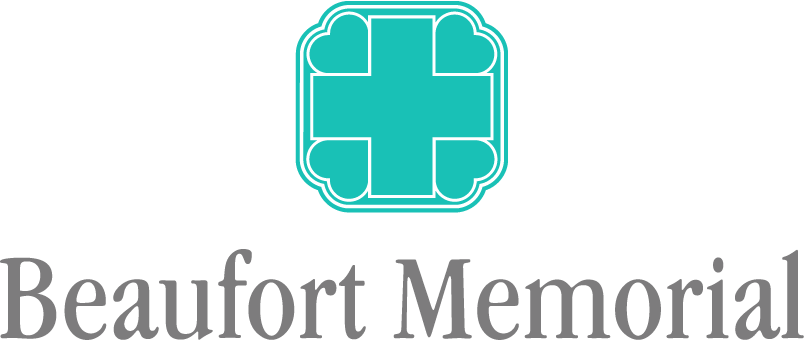
Your Privacy & Information
Privacy & Your Health Information
You have privacy rights under a federal law that protect your health information. These rights are important for you to know. Federal law sets rules and limits on who can look at and receive your health information.
Who must follow this law?
- most doctors, nurses, pharmacies, hospitals, clinics, nursing homes and many other health care providers and their vendors
- health insurance companies and most employer group health plans
- certain government programs that pay for health care, such as Medicare and Medicaid
What information is protected?
- information your doctors, nurses and other health care providers put in your medical records
- conversations your doctor has with nurses and others regarding your care or treatment
- information about you in your health insurer’s computer system
- billing information about you at your clinic
- most other health information about you held by those who must follow this law
You have rights over your health information.
Providers and health insurers who are required to follow this law must comply with your right to:
- ask to see and get a copy of your medical records
- request an amendment to your health information
- receive a notice that tells you how your health information may be used and shared
- decide if you want to give your permission before your health information can be used or shared for certain purposes, such as for marketing
- get a report on when and why your health information was shared for certain purposes
- request that those who must follow this law restrict how they use or share your health information
- file a complaint
To make sure that your health information is protected in a way that doesn’t interfere with your health care, your information can be used and shared:
- for your treatment and care coordination
- to pay doctors and hospitals for your health care and help run their businesses
- with your family, relatives, friends or others you identify who are involved with your health care or your health care bills, unless you object
- to make sure doctors give good care and nursing homes are clean and safe
- to protect the public’s health, such as by reporting when the flu is in your area
- to make required reports to the police, such as reporting gunshot wounds
Without your written permission, your provider cannot:
- give your health information to your employer
- share private notes about your mental health counseling sessions
Adapted from U.S. Department of Health & Human Services Office for Civil Rights
Requesting Your Medical Records
Requesting your medical records is as easy as 1 – 2 – 3! Complete a request from your smart phone, tablet or computer, and your records will be delivered to you electronically or by mail—no need to go and pick them up.
Patient Access Request
- Go to BeaufortMemorial.org/RequestMedicalRecords.
- Complete the online request. You’ll be guided through every step of the process.
- Review, sign and submit the request.
You’re done!
Electronic Delivery
You’ll get an email with instructions for retrieving your records. To keep them secure, you’ll need a PIN that will be sent in a separate email.
Mail Delivery
Records will be mailed to the address you entered in the request.
In Person
You may also request your medical records in person at the Beaufort Memorial Medical and Administrative Center.
990 Ribaut Road, 3rd Floor
Beaufort, SC 29902
Monday through Friday, 8 a.m. to 4:30 p.m.
Questions?
Phone: 843-522-5993
Fax: 843-522-5688

Your Information
If you believe your health information was used or shared in a way that is not allowed under the privacy law, or if you weren’t able to exercise your rights, you can file a complaint with your provider or health insurer. You also can file a complaint with the U.S. government. Go online to ocrportal.hhs.gov/ocr/smartscreen/main.jsf for more information.
You can contact the Beaufort Memorial HIPAA privacy officer at 843-522-5108 with concerns about your privacy rights.
Laws for Alcohol and Drug Treatment
A separate law provides additional privacy protections to patients of alcohol and drug treatment programs. For more information, visit www.samhsa.gov.
The AudioEye Trusted Certification represents a commitment to accessibility and digital inclusion.
Patient Guide Solutions, LLC
All Rights Reserved